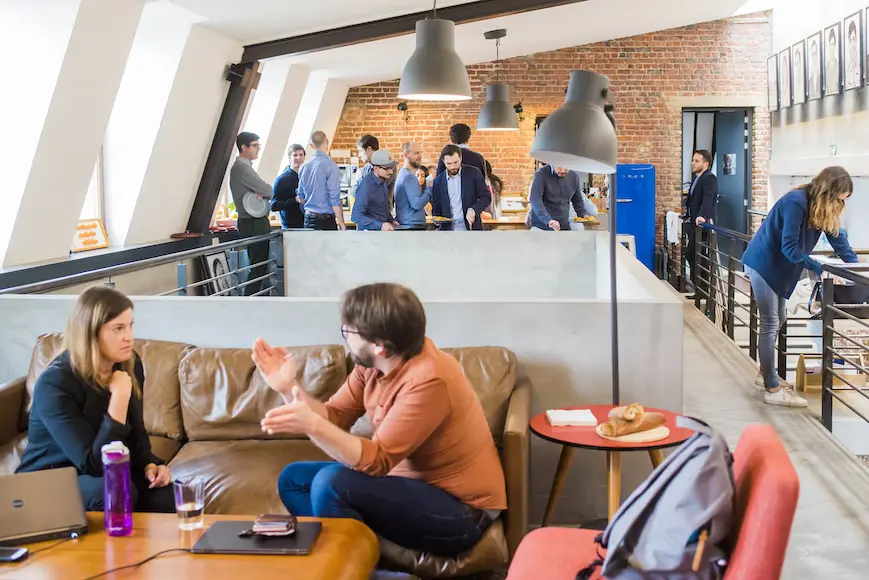
Workplace bullying seems to have become more prevalent than ever before and is having detrimental effects on individuals and organisations everywhere.
Whether instigated through verbal abuse or humiliation directed at a junior employee from a more senior team member, or passive aggressive behaviour or perhaps even cyberbullying from one team member to another, workplace bullying can manifest in various forms. It undermines productivity, morale, and overall well-being and is a serious issue that requires proactive intervention in order to maintain a healthy work environment.
Mediation, as a form of alternative dispute resolution, can provide a structured and collaborative approach to resolving conflicts arising from workplace bullying.
If you are aware that bullying is taking place within your organisation (thereby almost certainly fuelling a toxic workplace culture), rest assured that there are strategies and techniques for effectively addressing workplace bullying through mediation.
Mediation provides an effective approach to resolving conflict arising from bullying, as it promotes open communication and collaborative problem solving.
An experienced external mediator can help parties involved in workplace bullying disputes find meaningful resolutions that address the underlying issues and ultimately foster a more positive and respectful work culture.
As with any mediation, when it comes to resolving bullying-related conflict in any workplace, mediation provides a safe and confidential environment for participants to openly discuss their concerns without fear of retaliation or damage to their reputation. Unlike more adversarial approaches, mediation focuses on preserving relationships which can help rebuilt trust and foster a healthier workplace.
When facilitating a mediation involving workplace bullying, the role of the mediator is to create an atmosphere of respect, trust, and impartiality.
At the start of the mediation, ground rules will be established that promote constructive communication and ensure a fair process, after which each party is given the opportunity to express their feelings, experiences, and concerns without judgment.
The mediator will typically then delve deeper to identify the underlying causes of workplace bullying, which may involve exploring power dynamics, personality clashes, conflicting expectations, or organisational culture issues. Understanding these factors is crucial for finding long-term solutions.
The role of the mediator is to help identify creative solutions that address the root causes of the bullying behaviour, and to focus on finding win-win solutions rather than assigning blame.
Once potential solutions are identified, the mediator will assist the parties in drafting a formal agreement outlining the agreed-upon actions, timelines, and monitoring mechanisms. This document will serve as a reference point for future accountability and helps ensure the sustainability of the resolution.
Following the mediation, it is essential to implement support mechanisms to ensure the successful transition and ongoing well-being of all parties involved. This could involve additional training, coaching, or counseling to address underlying issues and promote a positive work environment.
It’s important to understand that mediation alone may not be sufficient to eliminate all cases of workplace bullying.
Additionally, every organisation should prioritise preventative measures, such as robust anti-bullying policies, awareness training, and a supportive culture that encourages reporting and intervention, and above all promotes a zero tolerance for bullying in the workplace.
Resolving workplace bullying through external mediation requires a commitment from all parties involved, especially senior leadership within the organisation, to create a safe and respectful work environment. Ultimately, mediation can play a vital role in transforming workplace dynamics and fostering a culture of collaboration and mutual respect.
Our process is designed to empower you to address your challenges by facilitating discussion, exploring the conflict in depth from other perspectives, and seeking to reach a personalised solution that has considered various outcomes and consequences.
ABN: 79 669 530 321